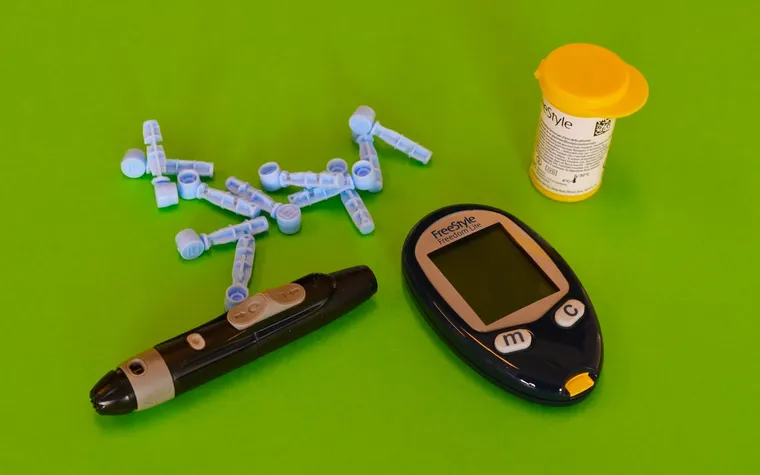Managing blood sugar is essential for overall health, especially for people living with diabetes or prediabetes. High blood sugar can lead to serious complications, but small lifestyle changes can make a big difference. Regular exercise, balanced meals, and stress reduction are simple yet effective tools. By paying attention to what you eat, staying hydrated, and monitoring glucose levels regularly, you can take control of your blood sugar. These daily habits help your body use insulin more effectively and avoid spikes. With consistency and the right support, better blood sugar control is entirely achievable.
Keeping your blood sugar within a healthy range reduces the risk of nerve damage, kidney issues, and vision problems. One of the most effective ways to lower blood sugar is through mindful eating—choosing foods that don’t cause a rapid rise in glucose. Fiber-rich vegetables, lean proteins, and whole grains are great choices. Limiting sugar and refined carbs also plays a major role. Medications and insulin may be needed in some cases, but lifestyle changes remain the foundation. Understanding your body’s response to different foods and activities empowers you to make smart, health-boosting decisions every day.
Understanding Blood Sugar Levels
Blood sugar, or blood glucose, is the main sugar found in your blood. It comes from the food you eat and is your body’s primary source of energy. When blood sugar stays too high over time, it can damage your organs, blood vessels, and nerves. Keeping levels in a safe range is key to preventing long-term issues.
Normal fasting blood sugar levels are typically between 70–99 mg/dL. After meals, they should stay under 140 mg/dL. Consistently higher readings may signal insulin resistance, prediabetes, or diabetes. Regular monitoring helps you identify patterns and make adjustments to your lifestyle or medication.
Effective Ways to Lower Blood Sugar Naturally
- Exercise Regularly
Physical activity helps muscles use glucose for energy, lowering blood sugar levels. Aim for at least 30 minutes of moderate exercise, like brisk walking, five days a week. - Eat Balanced Meals
Focus on low-glycemic foods such as non-starchy vegetables, legumes, and whole grains. Include healthy fats and proteins to slow glucose absorption. - Stay Hydrated
Drinking water helps your kidneys flush out excess glucose through urine. - Manage Stress
Stress hormones like cortisol can increase blood sugar. Try meditation, yoga, or deep breathing exercises. - Get Enough Sleep
Poor sleep can affect insulin sensitivity and increase cravings for sugary foods.
Foods That Help Lower Blood Sugar
- Leafy greens (spinach, kale)
- Berries (low sugar, high antioxidants)
- Nuts and seeds
- Fatty fish (rich in omega-3s)
- Apple cider vinegar (may improve insulin sensitivity)
Avoid sugary beverages, white bread, and processed snacks, which cause rapid glucose spikes.
When to See a Doctor
If your blood sugar is consistently high or you’re experiencing symptoms like frequent urination, fatigue, blurred vision, or unexplained weight loss, it’s important to consult a healthcare provider. They can perform tests to diagnose and recommend a treatment plan tailored to your needs.
Conclusion
Lowering blood sugar is a vital step toward better health and preventing diabetes complications. Through smart nutrition, exercise, hydration, and stress management, you can take control of your glucose levels. Work with your healthcare provider to develop a personalized plan—and stick with it. Your body will thank you.

